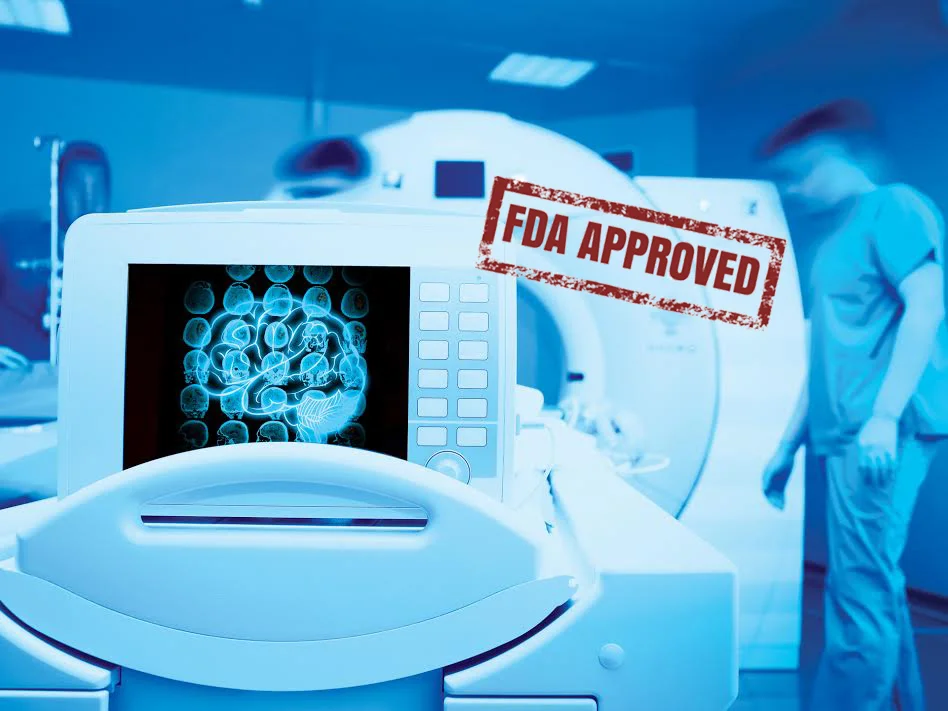Recently, there has been a lot of media attention on safety of medical devices cleared and approved in the U.S. market by the FDA.
Read MoreRecently, the FDA has taken 2 major steps to encourage innovation in medical devices. The first is finalizing guidance on the Breakthrough Device Program, which will enable accelerated approval of innovative medical devices that more effectively diagnose or treat life-threatening or irreversibly debilitating conditions.
Read MoreMost air-travelers these days do not have high expectations. Still, when flights are cancelled under questionable circumstances and they have to spend the night away stranded on an airport, the bitterness of the experience lasts a long time!
Aviation is a heavily regulated industry. Customers are used to rules and procedures. Bad weather is always a wild card. When a paper form that needs to be completed before the plane can leave the gate triggers a sequence of events leading to the flight cancellation, the level of frustration is simply too high to ignore.
Read MoreLast month, the FDA issued a Medical Device Enforcement and Quality Report, which provides a summary of FDA annual inspections data and a good explanation of their current approach to regulatory compliance. In providing this data and their commentary, the FDA is telling MedTech companies that they have a big stick (i.e. is the number of annual inspections has gone up in the last 10 years), but they are also offering a sweet carrot (i.e. they are taking a “risk-based” enforcement approach) to focus more on quality rather than simple compliance.
Read MoreRecently, I had an opportunity to hear directly from FDA leaders during a fire-side chat at the Xavier Health AI Summit in Cincinnati, OH. Alonza Cruse, Director, FDA - Office of Regulatory Affairs and Bakul Patel, Associate Director, FDA – Center for Devices and Radiological Health, each shared their views on how AI is shaping FDA’s thinking in nearly all of its operations. It was very encouraging to hear that the FDA wants to build a collaborative relationship with the industry and “stand out of your way” to help realize the true potential of AI in Healthcare.
Read MoreZimmer Biomet, one of the leaders in the $50 billion global orthopedic medical device industry, is placing a big bet on this idea! They have just announced a large clinical trial to test their mymobilityTMapp working with the Apple Watch® to see if it can be a viable alternative to the current standard of care after hip and knee replacement surgery. They expect to enroll nearly 10,000 patients in this study over a period of two years.
Read MoreThe concept of risk-management is not new to Medical Device companies. The challenge, however is to consistently apply risk-management principles throughout the entire product lifecycle. A strong post-market surveillance process is key to building the organizational capability of a strong and holistic risk-management system.
Read MoreMedical Device companies are facing two competing challenges as they seek new growth - how to grow their core product sales while also innovating to bring new products in adjacent or entirely new market segments.
Read MoreIn a true culture of Quality, employees not only follow quality guidelines but also see others take quality-focused actions, hear others talk about quality, and feel quality all around them.
Read MoreAchieving and sustaining Regulatory Compliance is a huge resource drain for Medical Device companies. That is why it is refreshing to hear that the FDA is now renewing its focus on a least burdensome approach to all regulatory activities.
Read More









